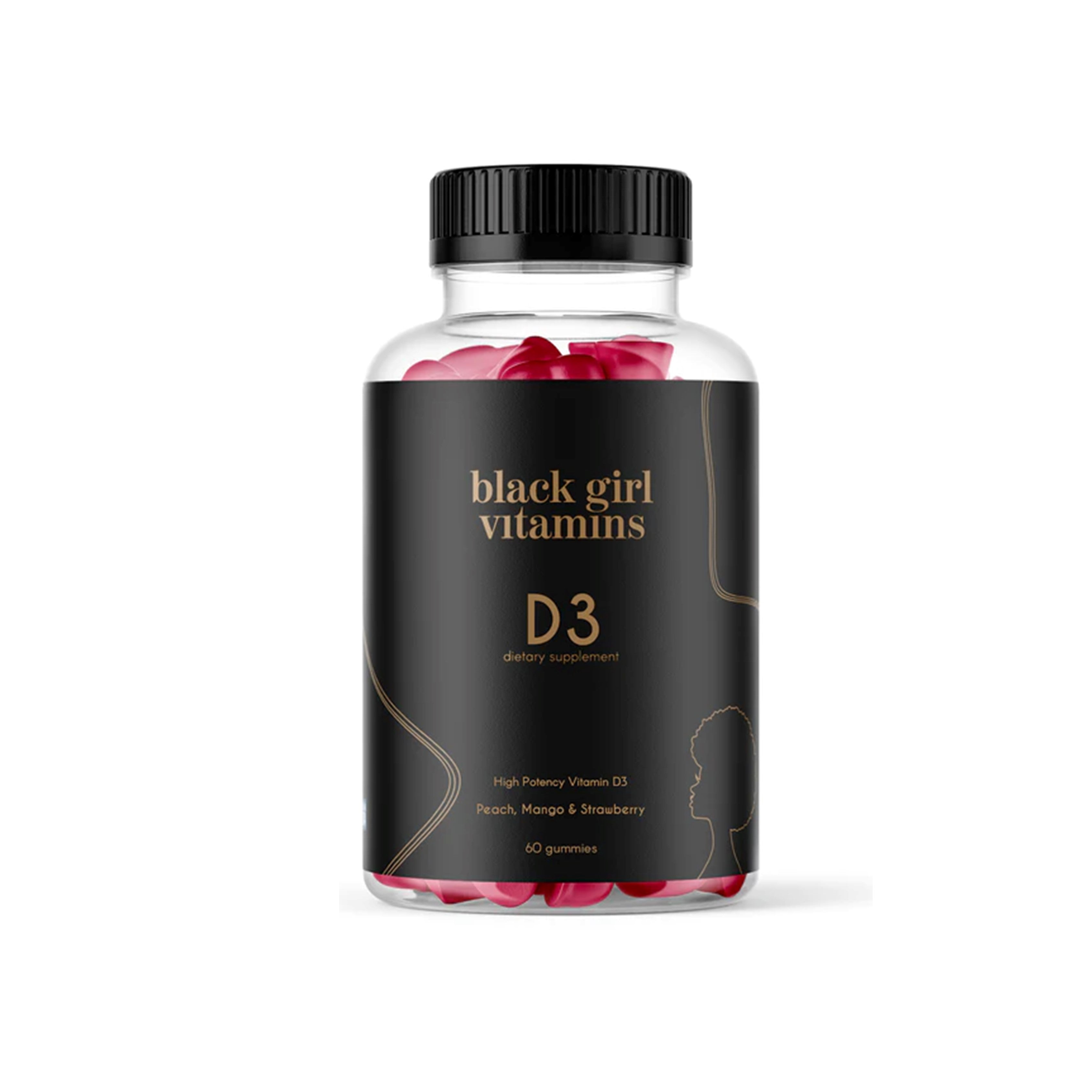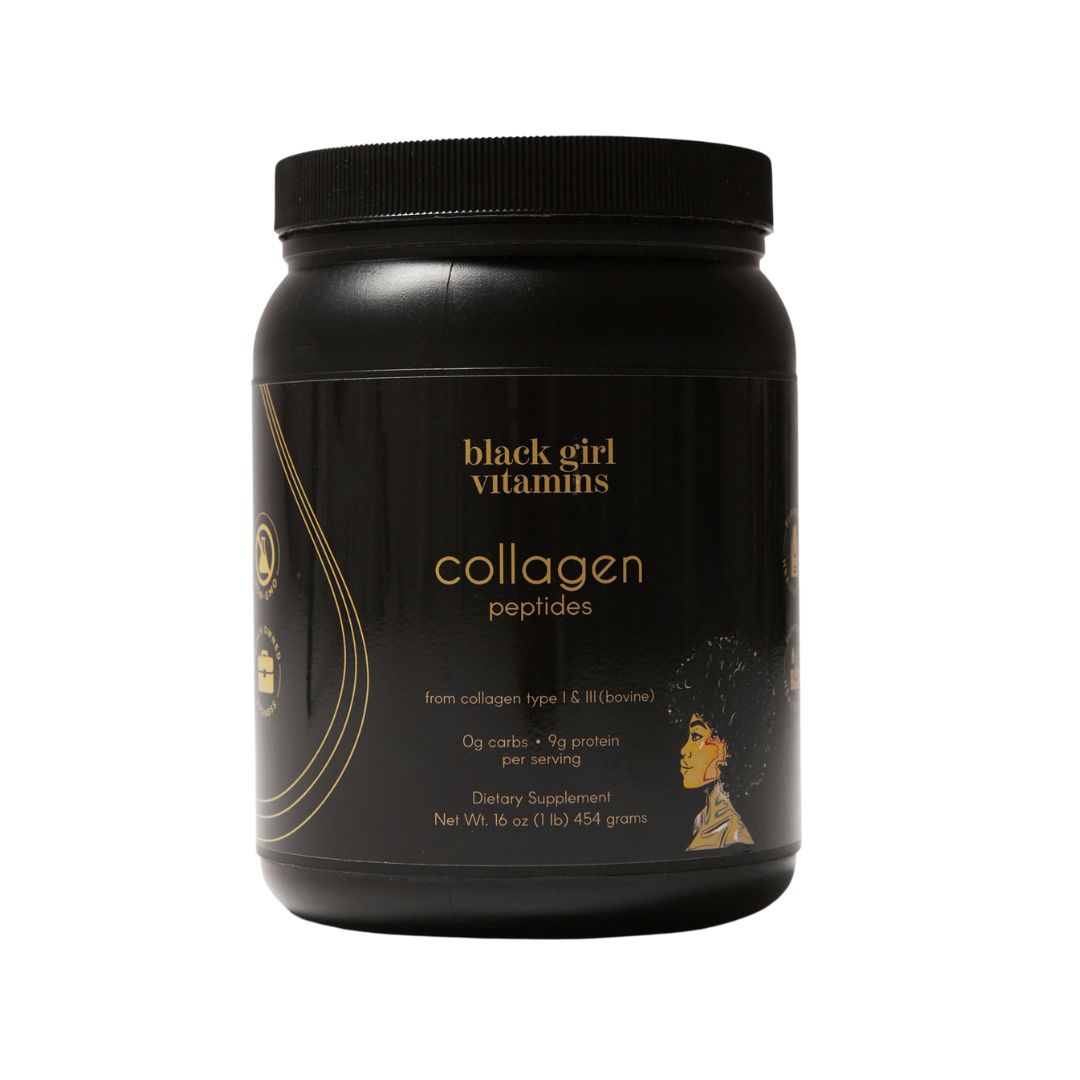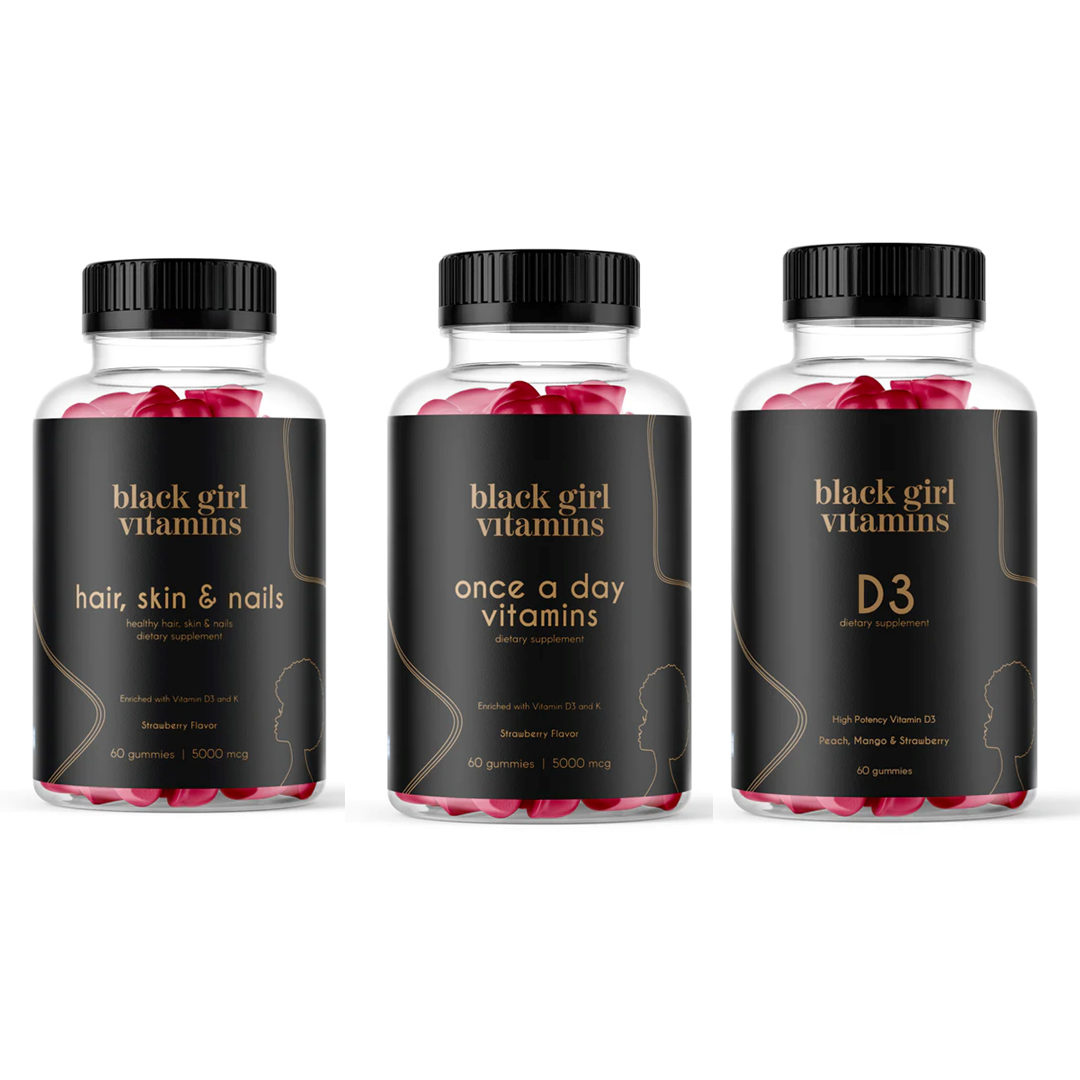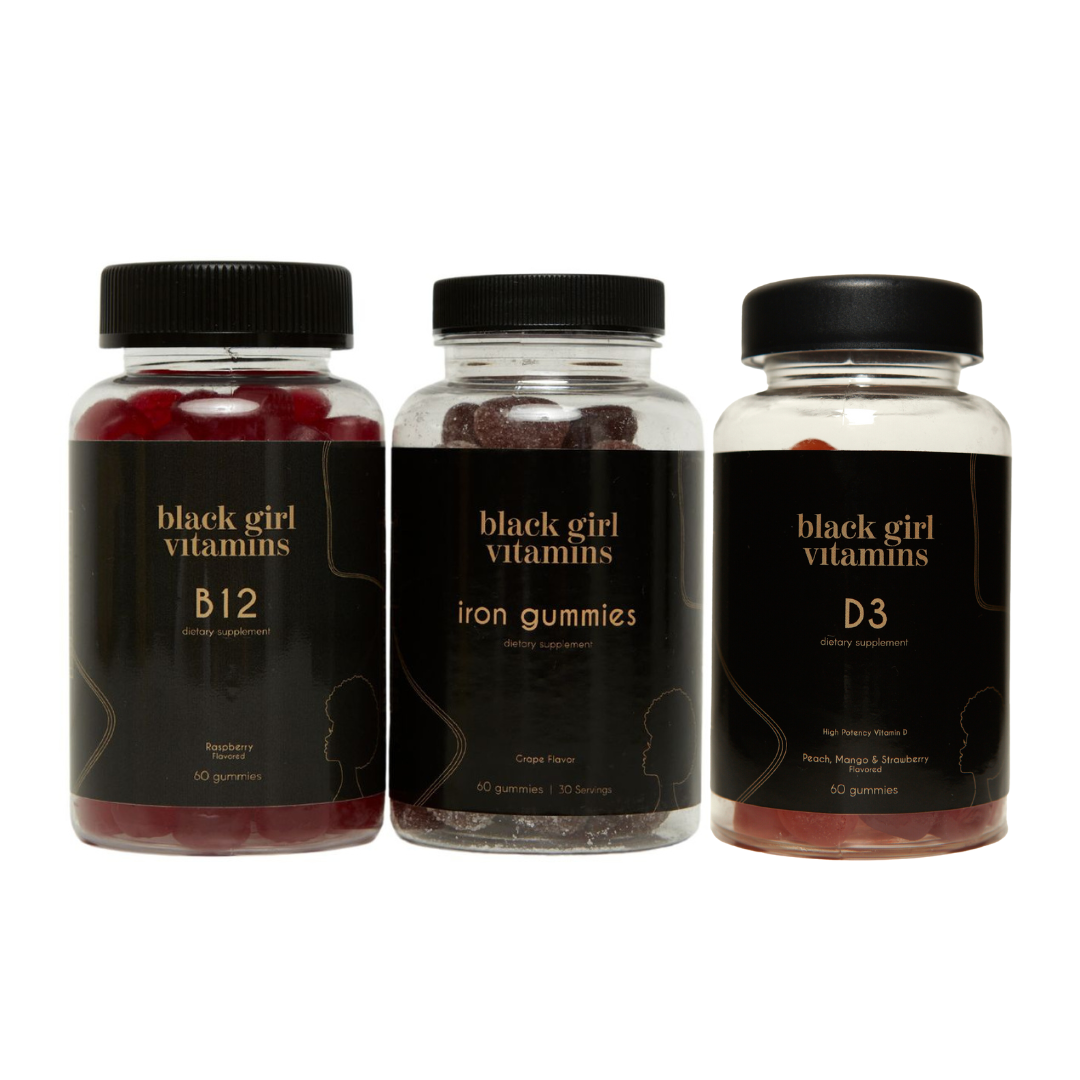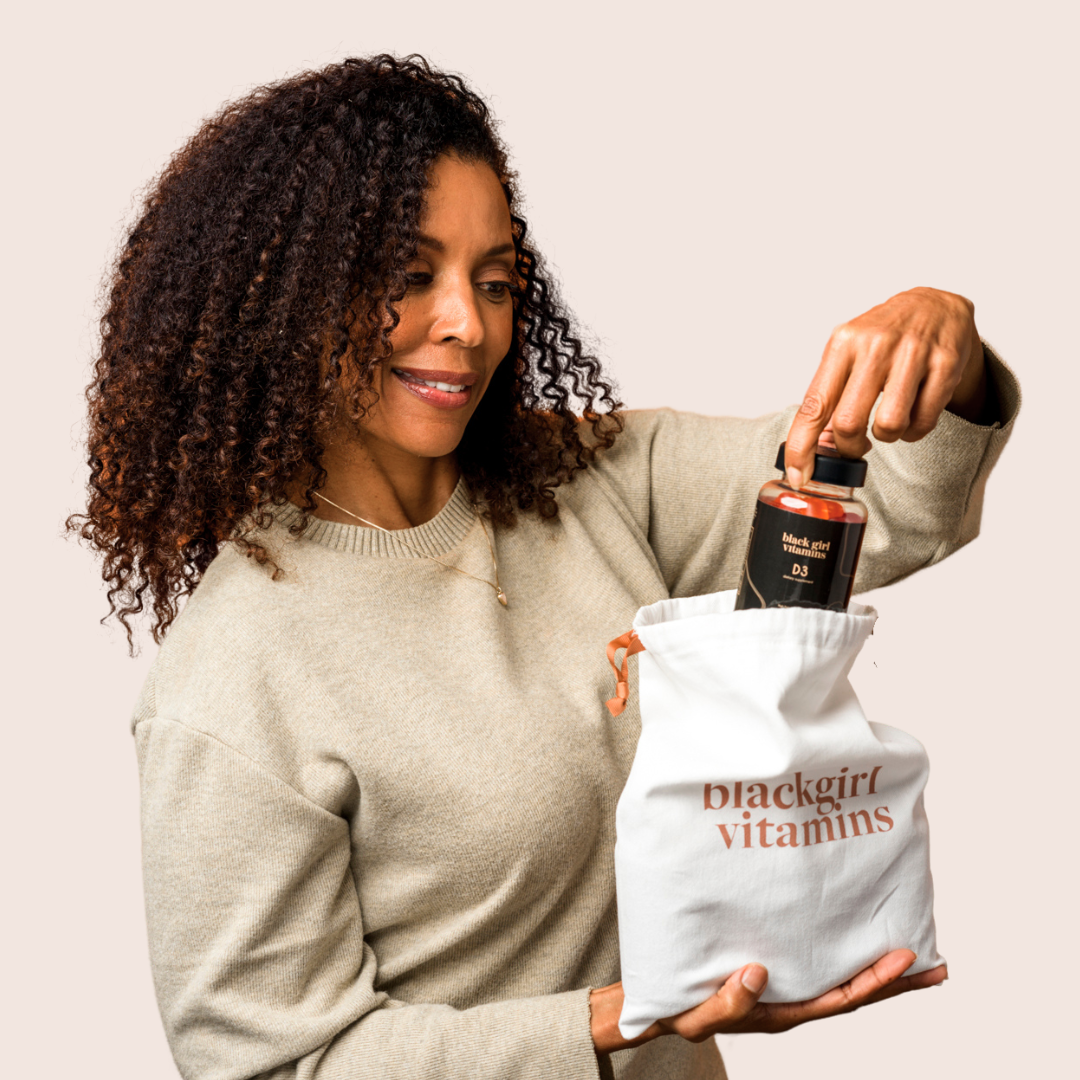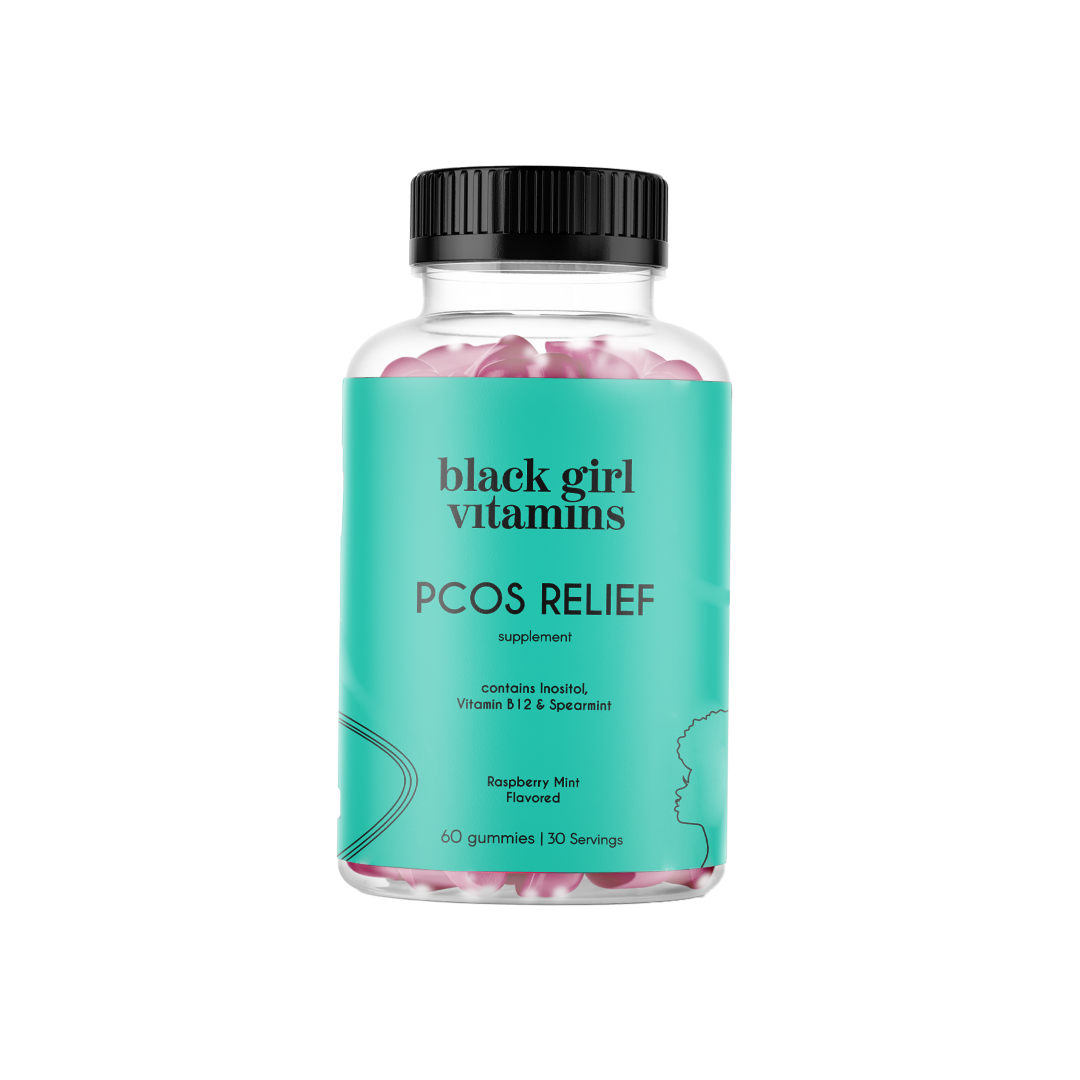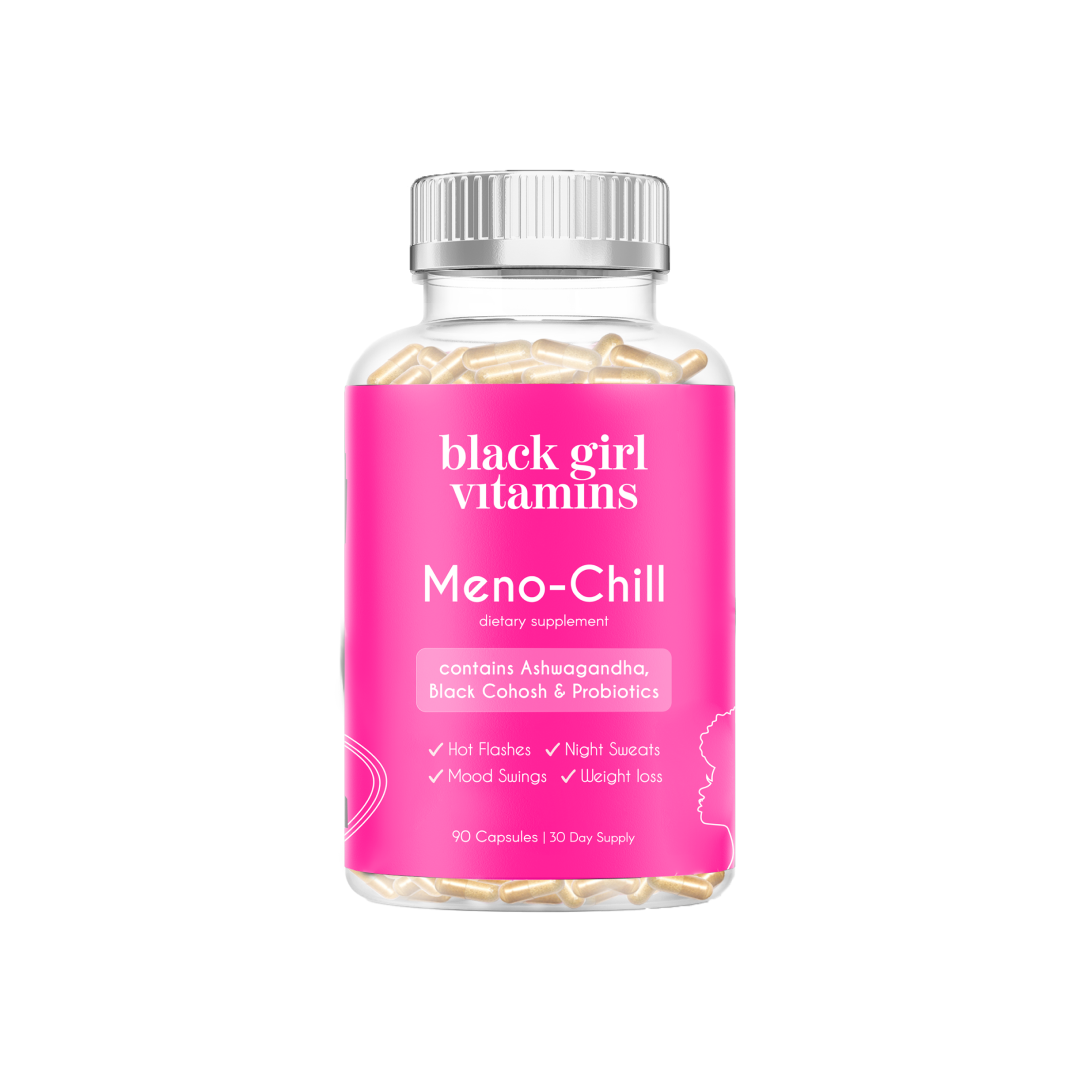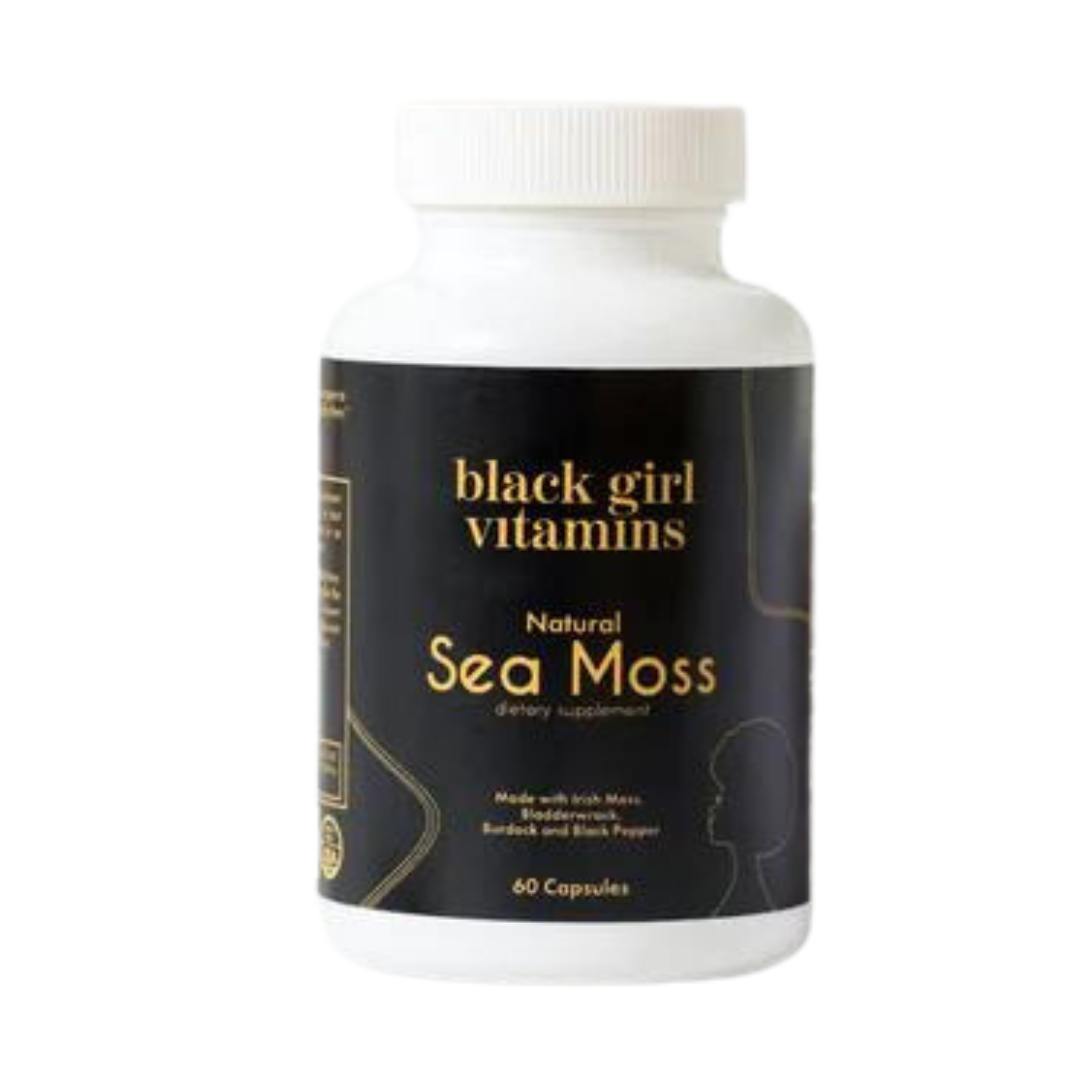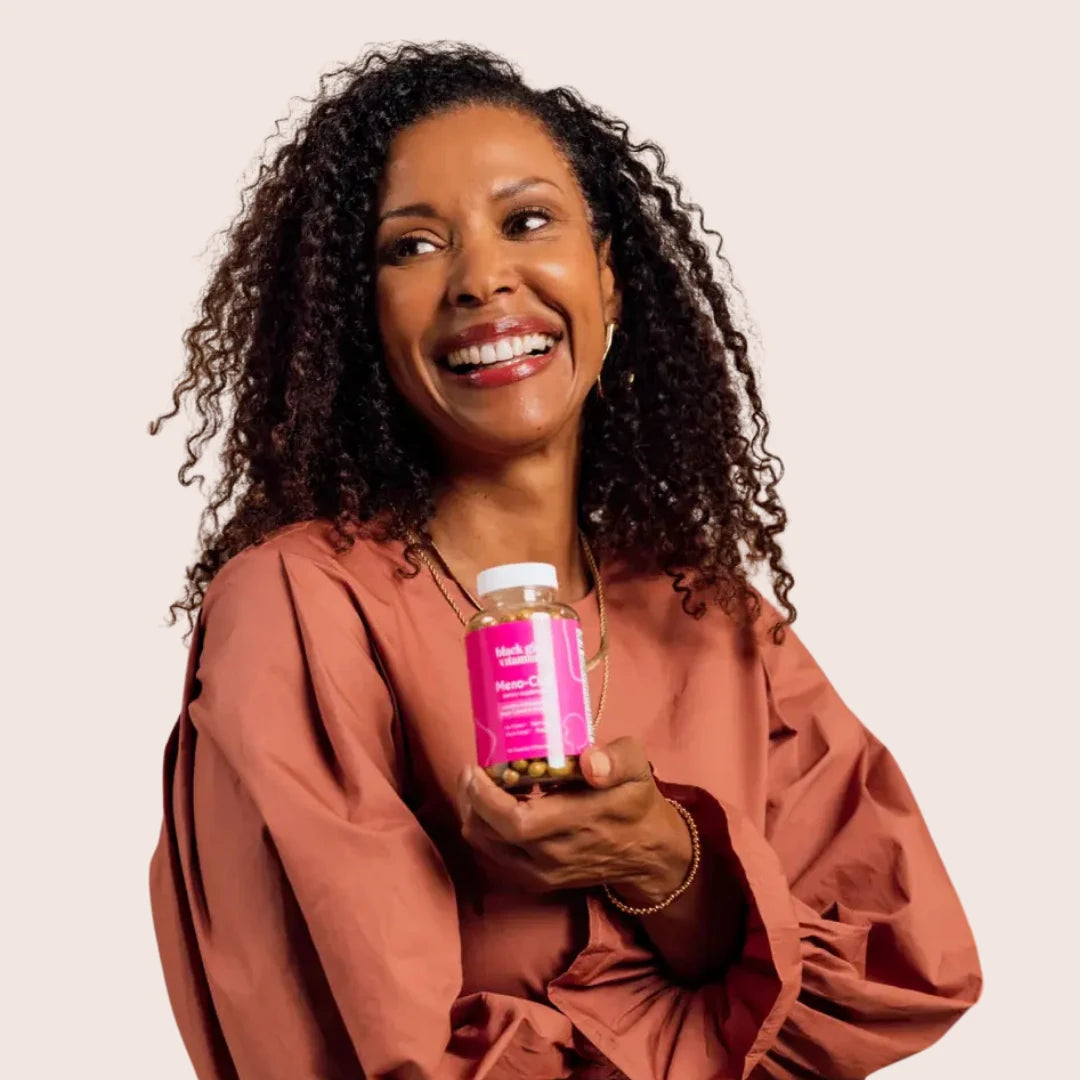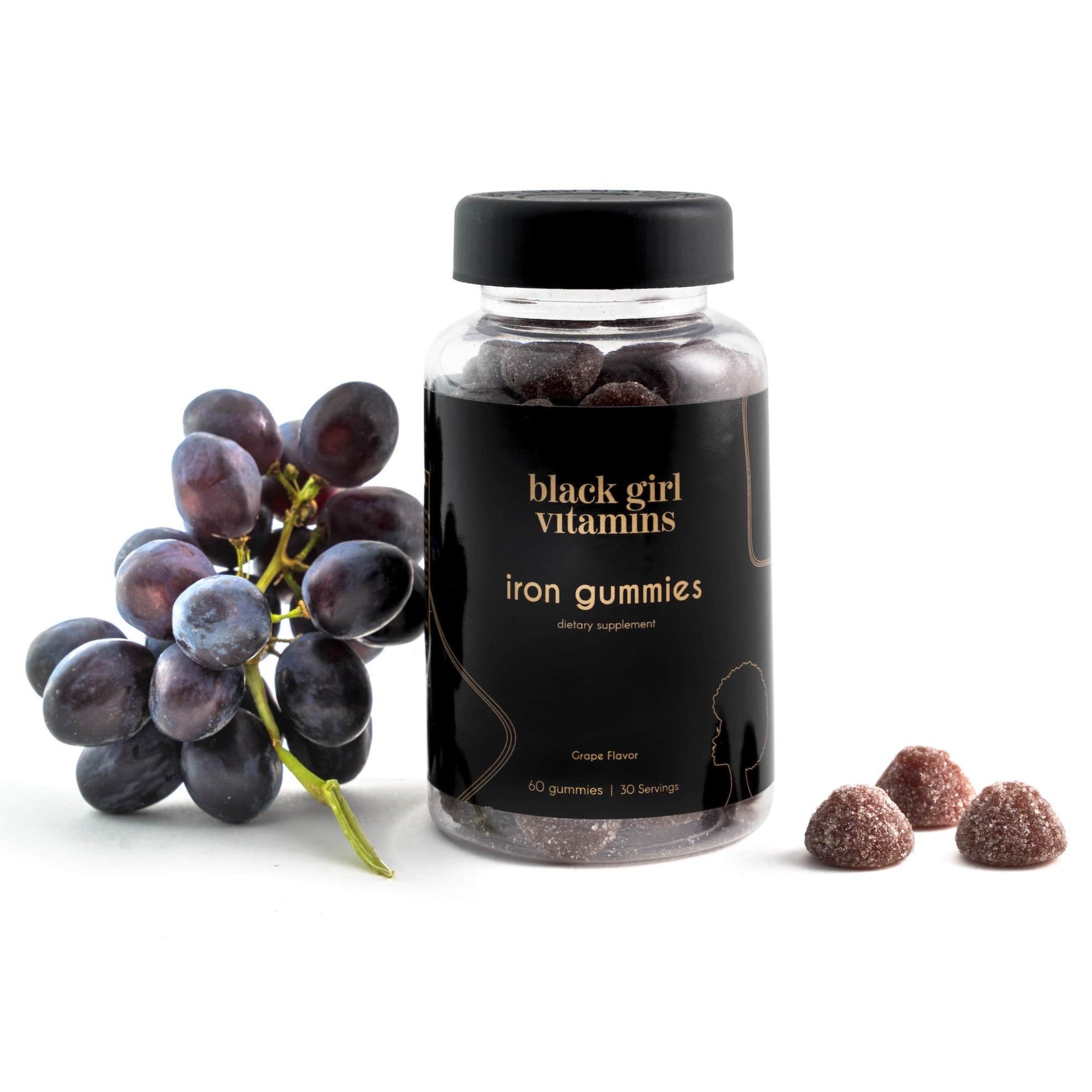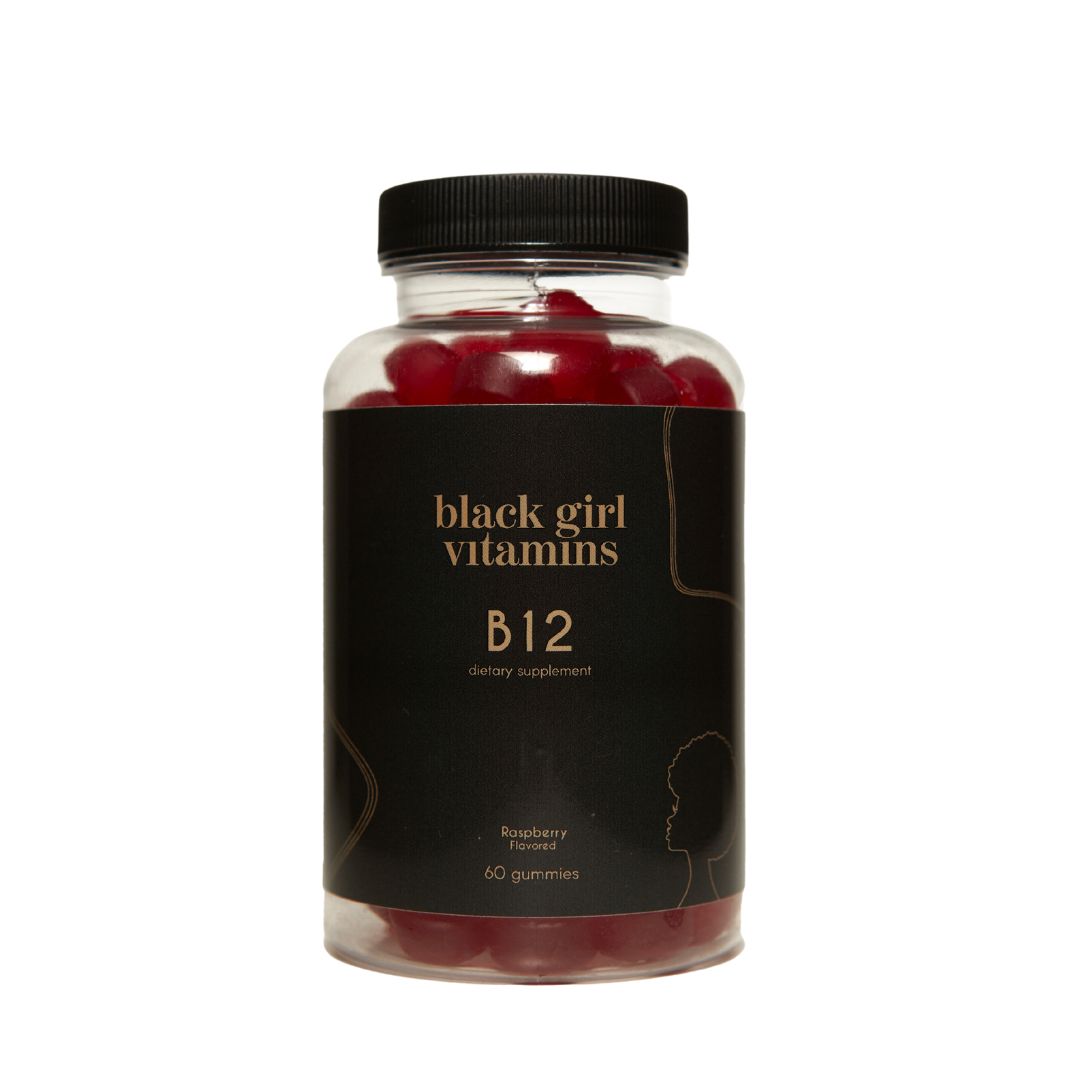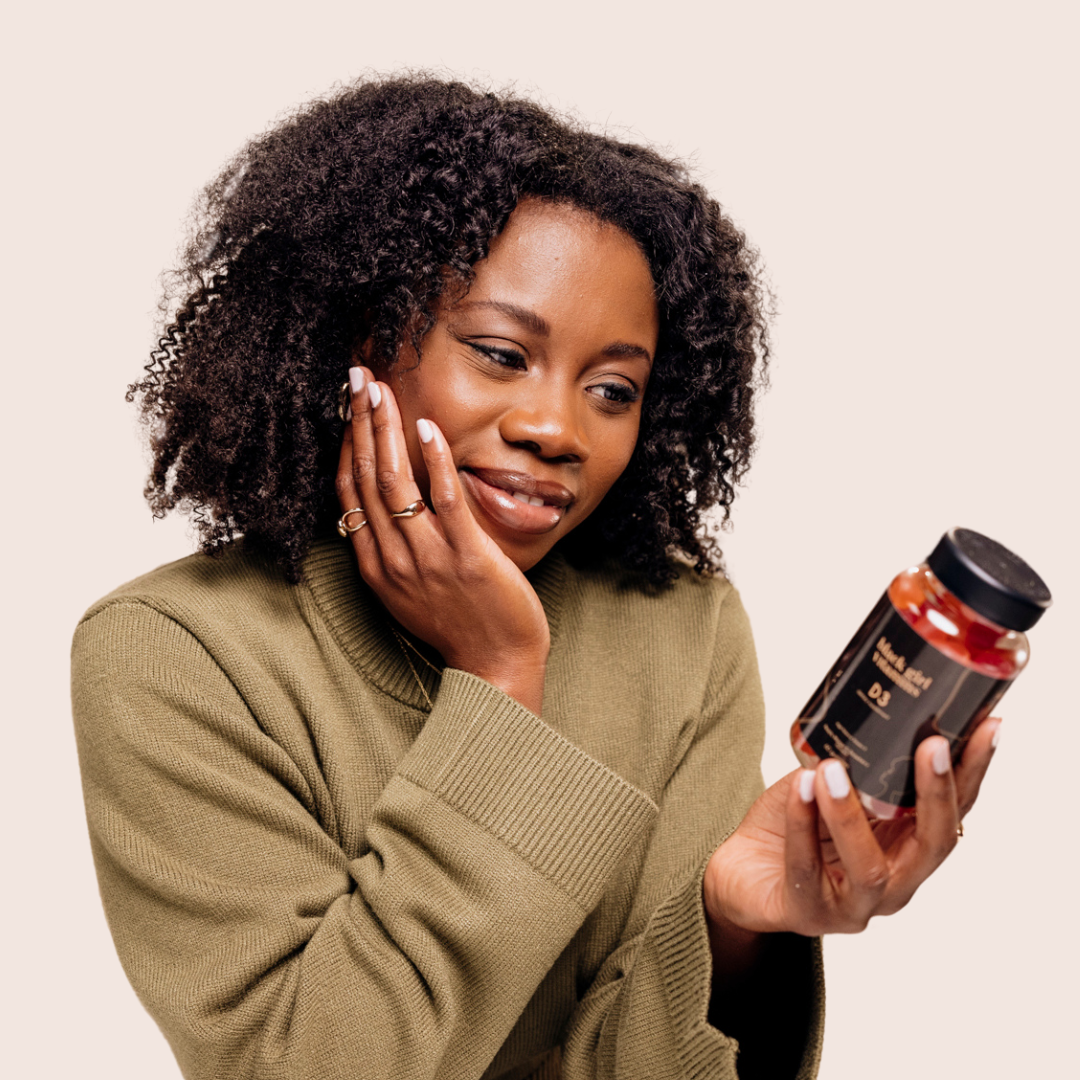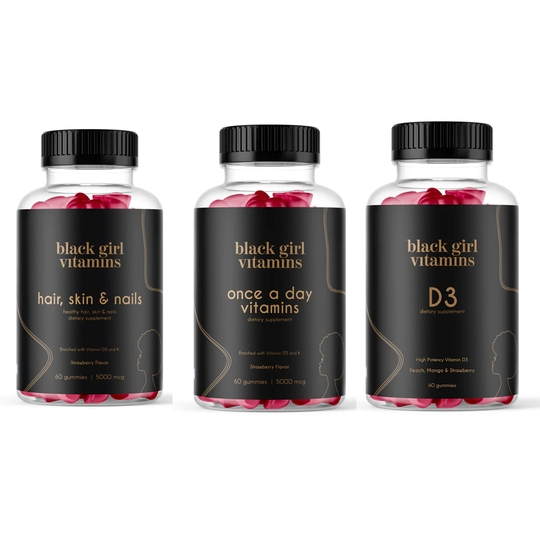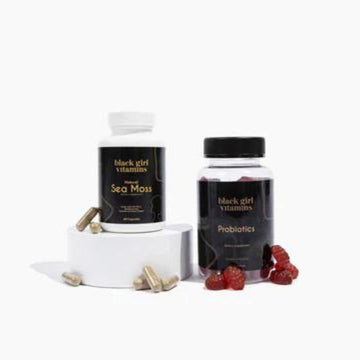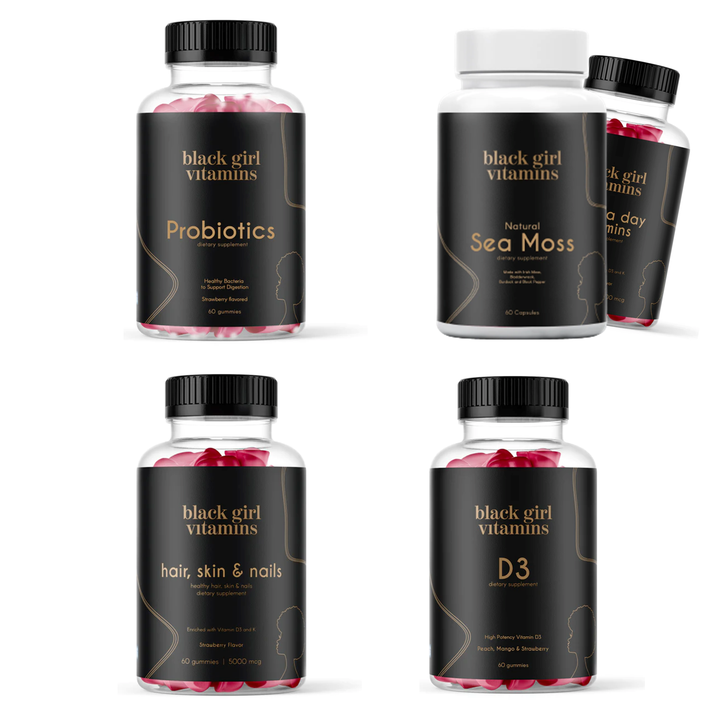Does Dry Skin Worsen Acne? Collagen and the Black Skin
Photo Credit- iStocks by Getty Image
Introduction
Acne - the uninvited guest that often shows up at the worst times. It's a skin condition that occurs when your hair follicles become clogged with oil and dead skin cells. This can lead to whiteheads, blackheads, or pimples, and in severe cases, it can cause painful and pus-filled cystic acne, as well as leave behind long-lasting scars. Beyond just physical appearances, acne can take a toll on self-esteem and emotional well-being. While acne affects people of all backgrounds, it can present unique challenges for Black women. For example, Issues like post-inflammatory hyperpigmentation and keloid scarring are more prevalent, making effective acne treatment and prevention crucial.
Post-inflammatory hyperpigmentation is a condition that Black women are more prone to suffer. This is the darkening of some areas of the skin following an inflammatory skin disease such as acne. Thus, acne can leave behind obvious black spots on the skin long after it has healed. Also, severe acne can lead to a type of scarring called keloid scarring, which is more common in persons with darker skin. Keloid scars are elevated, frequently glossy, and grow past the site of the initial damage. This means that if you have acne, a breakout could leave a raised scar bigger than the original zit. Additionally, Black women may experience more aggressive acne as a result of closed pores, elevated inflammatory markers, and increased oil production. This makes treating acne very important.
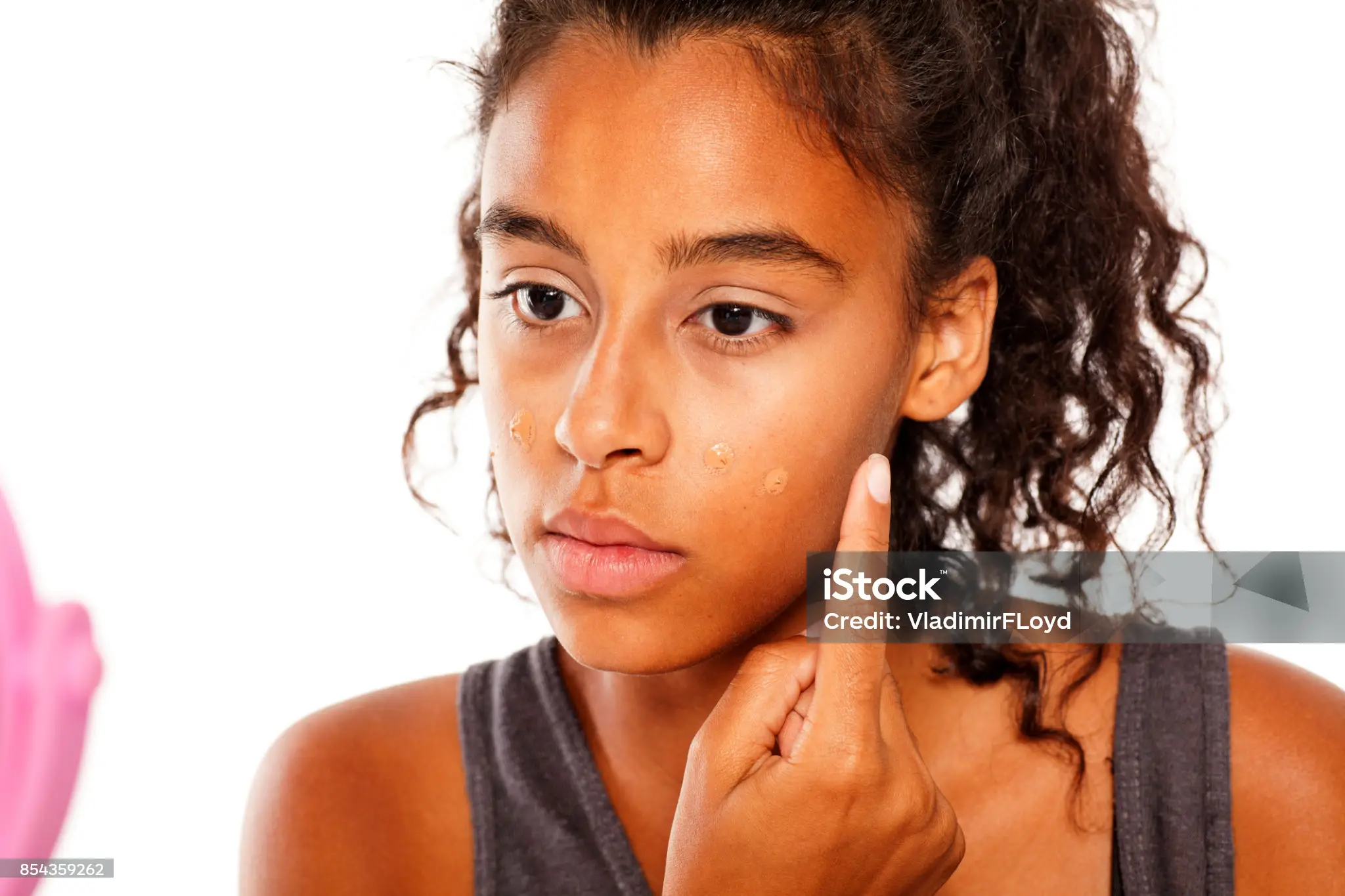
What Does Dry Skin Have to Do with acne?
When your skin is dry, your body tries to compensate by producing more sebum, an oil that keeps your skin moisturized. But too much sebum can mix with dead skin cells and block your pores, leading to acne. Also, dry skin can cause tiny cracks on your skin’s surface, which can let bacteria in and cause inflammation and acne. Contrary to popular belief, not only oily skin can have acne. Maintaining a healthy balance of moisture in your skin is key to preventing acne. Over-drying your skin can disrupt this balance and might lead to breakouts. Another misconception is that moisturizing will worsen acne. However, using the right moisturizer can help balance your skin’s oil production and prevent acne. It’s also commonly believed that scrubbing your face hard can help get rid of acne. But this can irritate and dry out your skin, potentially leading to more acne.
Identifying if your acne is due to dry skin involves observing a few key signs. If your skin often feels like it’s stretching, or if it’s rough or flaky, these are common signs of dry skin. Redness or irritation can also be indicators. If you’re noticing acne along with these symptoms, it’s quite possible that dry skin could be playing a part. Another clue is if your acne seems to get worse after using harsh skincare products that dry out your skin, or in dry weather conditions. And if your skin seems to get better with moisturizers or other hydrating treatments, that’s another sign pointing toward dry skin being a factor.
How can Collagen Help Improve Your Skin?
Now, let's talk about the transformative power of collagen. Collagen, a vital protein naturally found in our bodies, is crucial for skin health. It provides structure and elasticity, helping to maintain firm and youthful-looking skin. As we age, our bodies produce less collagen, leading to wrinkles and sagging skin, while factors like sun exposure and smoking can further degrade collagen.
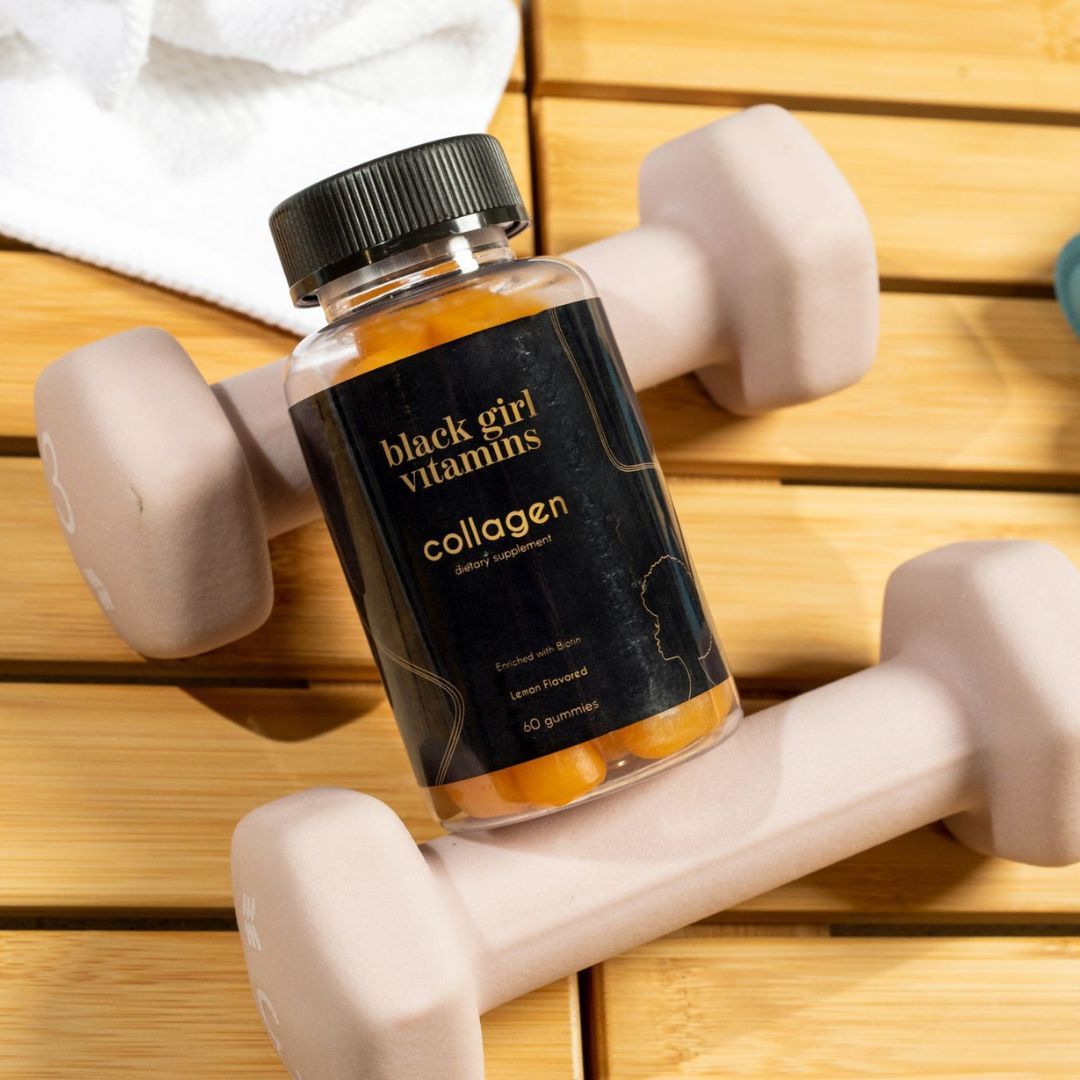
Beyond its anti-aging properties, collagen plays a significant role in healing and repairing the skin, making it especially valuable for those dealing with acne. Cystic acne, in particular, can cause structural damage to the skin, and collagen skin-regenerative properties can aid in repairing this damage and reducing the appearance of acne scars. Additionally, collagen hydrating properties can help alleviate dry skin and prevent excessive sebum production, a common factor in acne development.
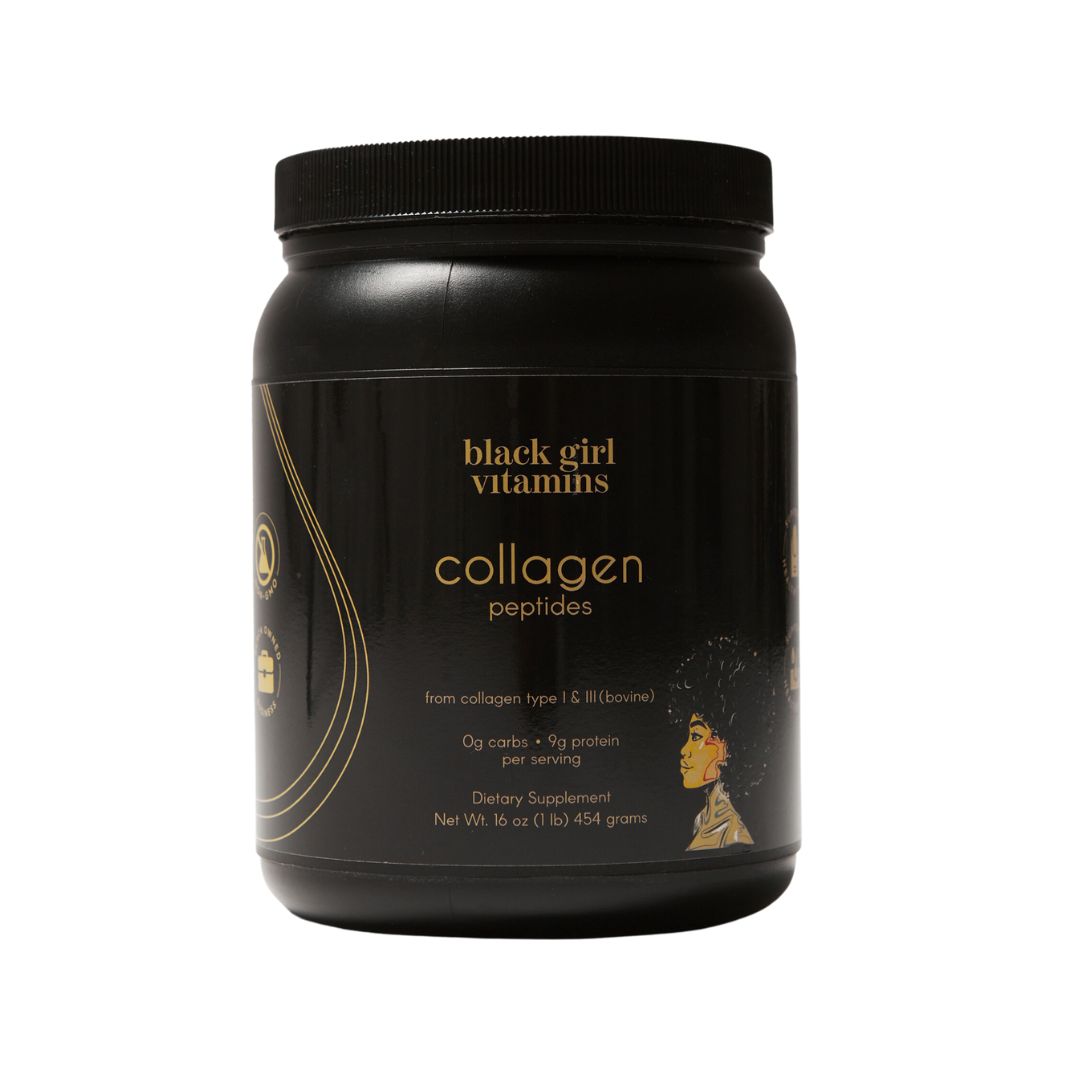
Boosting collagen production can be achieved through a combination of dietary and lifestyle measures. Incorporating foods rich in vitamin C and protein, engaging in regular exercise, ensuring adequate sleep, and protecting the skin from sun exposure are all impactful ways to support collagen production. For those seeking additional support, high-quality supplements, such as the Collagen Powder from Black Girl Vitamins, can provide a valuable boost. This specially formulated product not only supports skin health but also contributes to healthy hair and nails. The BGV Collagen “Age Defying” Gummies can replenish dipping collagen levels to restore and repair your skin, hair, and joints
It's essential to remember that acne does not define one's beauty, but taking proactive steps to enhance collagen levels through natural means and supplements can significantly impact skin health and overall well-being. Embracing a holistic approach that includes collagen-boosting practices, a balanced diet, and lifestyle choices can make a meaningful difference. After all, while collagen powder can elevate collagen levels, true transformation comes from a comprehensive commitment to a healthy lifestyle and self-care.
Reviewed by Bryanne N. Standifer-barrett, MD
Ganiyat Adeniji for Black Girl Vitamins





